Use this similes game to introduce your students to some of the most common similes used in the English language.
Match Simile Beginnings and Endings
Have you ever been told you were as bright as a button? As brave as a lion? As happy as a lark? These are the wonderful similes that make language more interesting and make descriptions more detailed!
A simile is a figure of speech that compares two different things using the words ‘like’ or ‘as’. These comparisons help create strong images in the reader’s mind, making writing more engaging and easier to understand.
This simile matching game has been created by our expert teacher to help familiarise your students with some of the most commonly used similes in the English language. This resource includes a set of cards, with half containing the start of a simile and the other half containing the end. The goal is for students to correctly match the beginnings and endings to form complete similes. Some of the similes featured in the resource include:
- As cold as ice
- As pretty as a picture
- As sick as a dog
- As gentle as a lamb
- And many more!
Multiple Uses for This Similes Matching Game
There are many engaging ways these similes matching cards can be used in your lessons on figurative language. Here are a few suggestions you might like to try:
- Speed Matching Game – Set up a timer and challenge students to match the beginnings and endings of the similes as quickly as possible. This adds an element of competition and excitement to the activity.
- Memory Challenge – Lay all the cards face down in a grid. Students take turns flipping over two cards at a time, trying to remember the locations of the similes. The goal is to find matching pairs through memory.
- Scavenger Hunt – Hide the cards around the classroom or outdoor space. Students search for the cards and work in pairs to find and match the similes they discover. This game adds an element of physical activity and teamwork to the learning process.
Remember to adapt these ideas based on the age group and preferences of your students. The goal is to make the learning experience enjoyable while reinforcing their understanding of figurative language.
Download This Figurative Language Game
This resource downloads as a full-colour PDF. Use the Download button above to access.
It is recommended that you print the resource on cardboard as this will enhance the durability of the resource. Place the cards into a large envelope or ziplock bag and hey, presto! You have a fully prepared, hands-on activity for your next lesson on figurative language!
Browse More Figurative Language Teaching Resources
Teaching figurative language to your students? Teach Starter has you covered! Click below to explore resources covering similes, metaphors, idioms and more!
[resource:4681027] [resource:13191] [resource:22154]
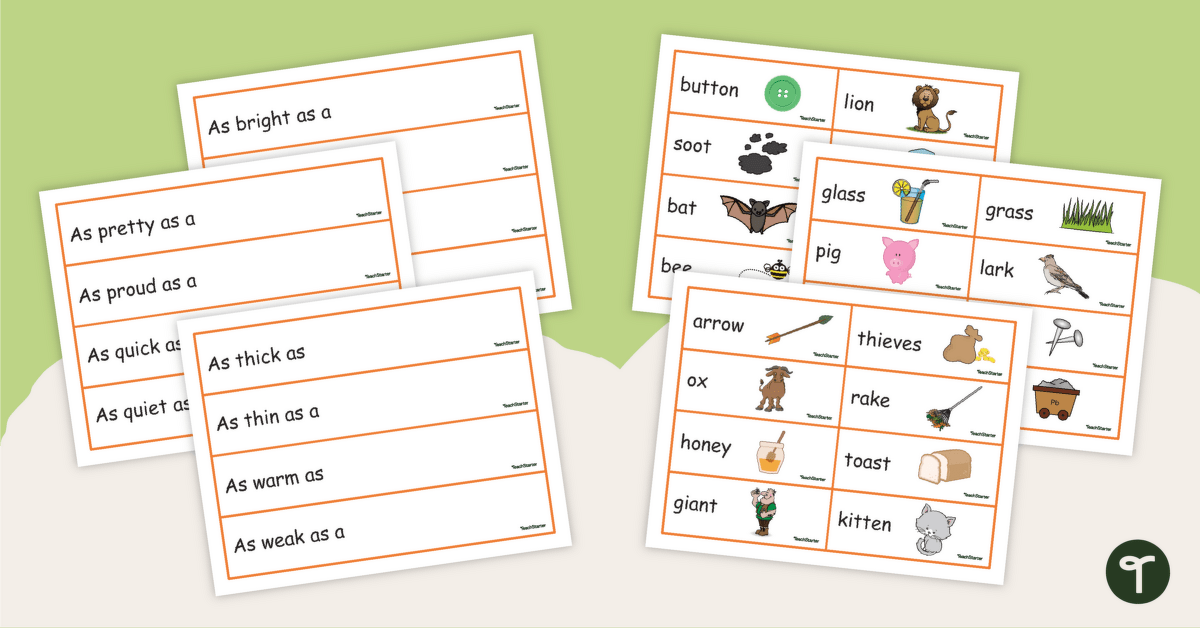

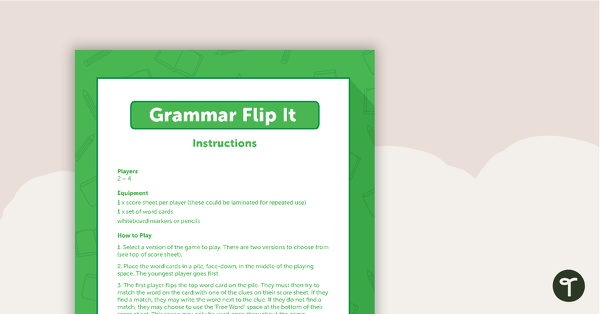
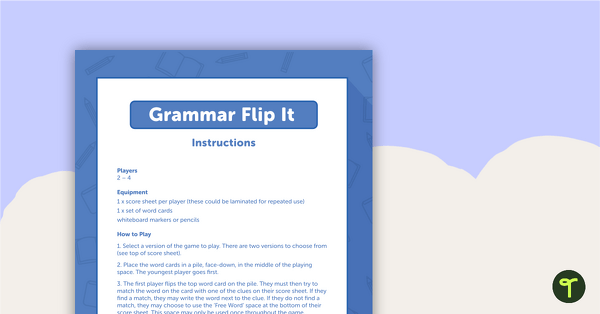
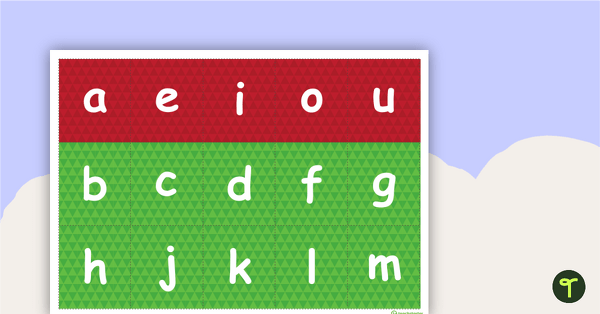
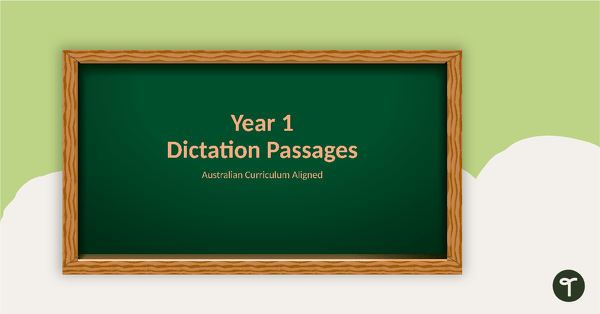
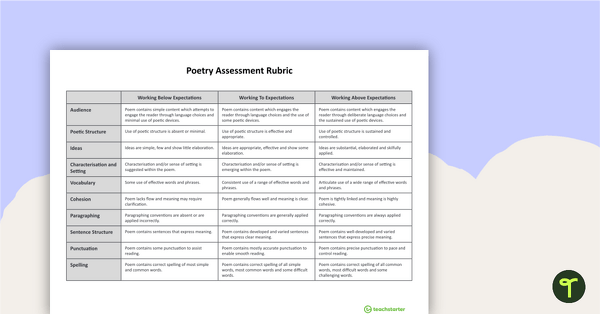
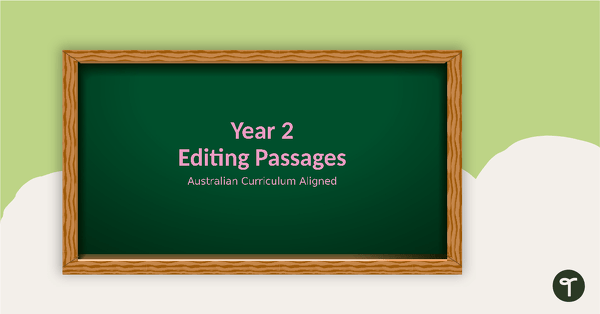
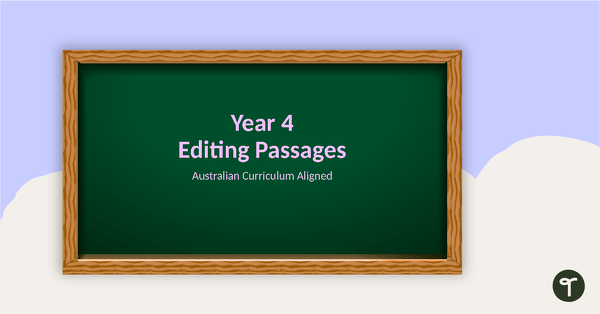
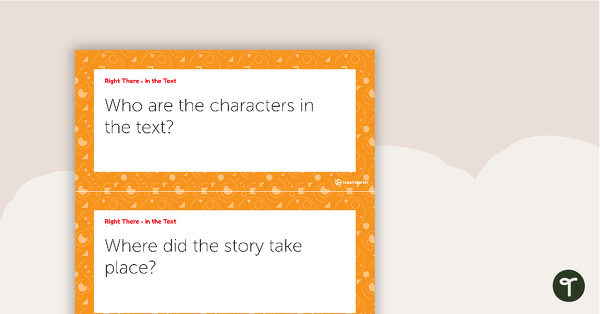
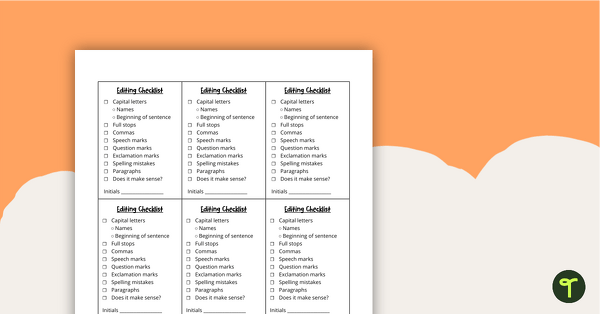
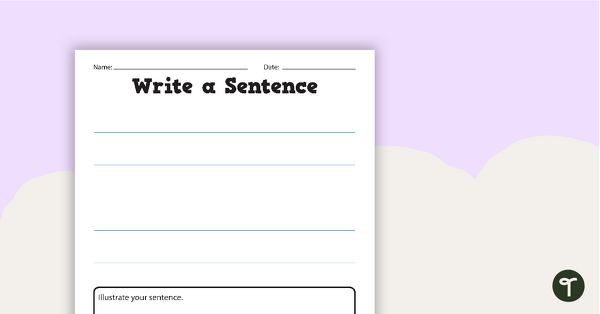
0 Comments
Write a review to help other teachers and parents like yourself. If you'd like to request a change to this resource, or report an error, select the corresponding tab above.